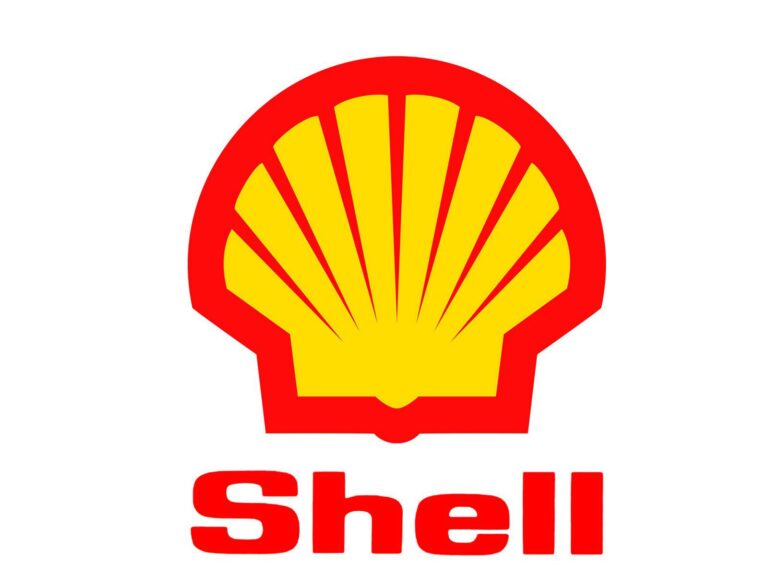
Some Civil Society Organisations, CSOs, engaged in environmental rights advocacy have demanded that Shell must address the ecological, health and social impact of its operations before closing its onshore business in Nigeria.
Recall, that Shell PLC United Kingdom (UK), parent company of Shell companies in Nigeria, had on Jan. 16 announced its decision to sell its Nigerian onshore subsidiary, Shell Petroleum Development Company, SPDC.
OsunDailyNG also gathered that SPDC’s parent company agreed to sell the onshore operations in the Niger Delta to a consortium comprising domestic and international oil companies.
The acquisition is for $2.8 billion, subject to the approval of the Federal Government of Nigeria.
However, the CSOs urged the regulatory authorities and the Nigerian government to withhold approvals to the deal until impacts of several decades of pollution of the Niger Delta by SPDC’s operations are addressed.
The CSOs made the position known in a statement signed by their representatives on Thursday.
The statement was endorsed by Dr Nnimmo Bassey, Health or Mother Earth Foundation; Mr Ken Henshaw, We The People; Mr Akinbode Oluwafemi, Corporate Accountability & Public Participation Africa; Emem Okon- Kebetkache, Women Development and Resource Centre; Tijah Bolton- Akpan, Policy Alert, and Stephen Oduware, Niger Delta Alternatives Convergence.
Parts of the statement read: “As civil society organizations in Nigeria who have worked in the Niger Delta in the context of oil and gas extraction and its attendant ecological, economic, social and health impacts, we have keenly observed the scheming by Shell to sell off its onshore assets in Nigeria despite clear protestations by communities and civil society organisations.
“This transaction follows similar moves by Chevron, Total-Energies, and ExxonMobil to sell off onshore oil assets in the Niger Delta.
“While we acknowledge that businesses have the right to dispose of their assets as they see fit, we are concerned about the manner in which this transaction is carried out, as well as the immediate and long-term implications for communities and the cause of ecological justice.
“Shell has persistently engaged in irresponsible and reckless hydrocarbon extraction practices resulting in severe ecological, health and economic consequences.
“While Shell continues to downplay its role in the ecological damage of
the Niger Delta, assessments by reputable organizations have indicted the company over environmental pollution.
“In 2011, the United Nations Environment Programme (UNEP) released its findings on the impacts of hydrocarbon pollution in Ogoniland, an area operated by Shell.
“The assessment revealed severe contaminating of drinking water sources and exposure of communities to health risks.
“Drinking water was found to contain cancer-causing Benzene 900 times above permitted levels.
“Multiple inquiries have determined that the corporation and its associates are responsible for environmental destruction that has devastated people’s means of living, contaminated communities, and facilitated situations that violate human rights.
“Given the well-established social, health, economic, and ecological
impacts of Shell’s operation, it is inconceivable that the company intends to merely sell its holdings and go.
“The selling of assets by Shell and other oil multinationals, is easily an effort to evade accountability for the long-standing damages caused by oil extraction in the Niger Delta.
“It is pertinent that Shell owns up to its responsibility for the ecocidal damage of territories they have exploited.
“This means full payment for the remediation and restoration of the polluted areas as well as reparations to the host communities. They cannot walk away from the grave and irreparable harm they have caused.”


